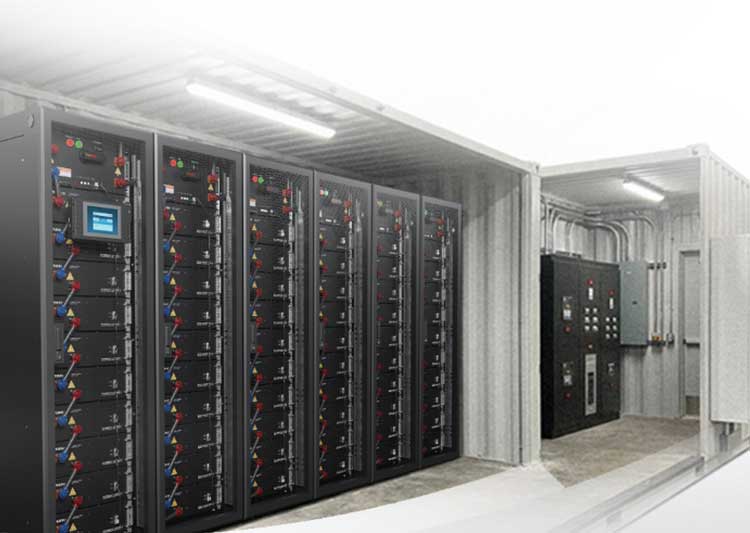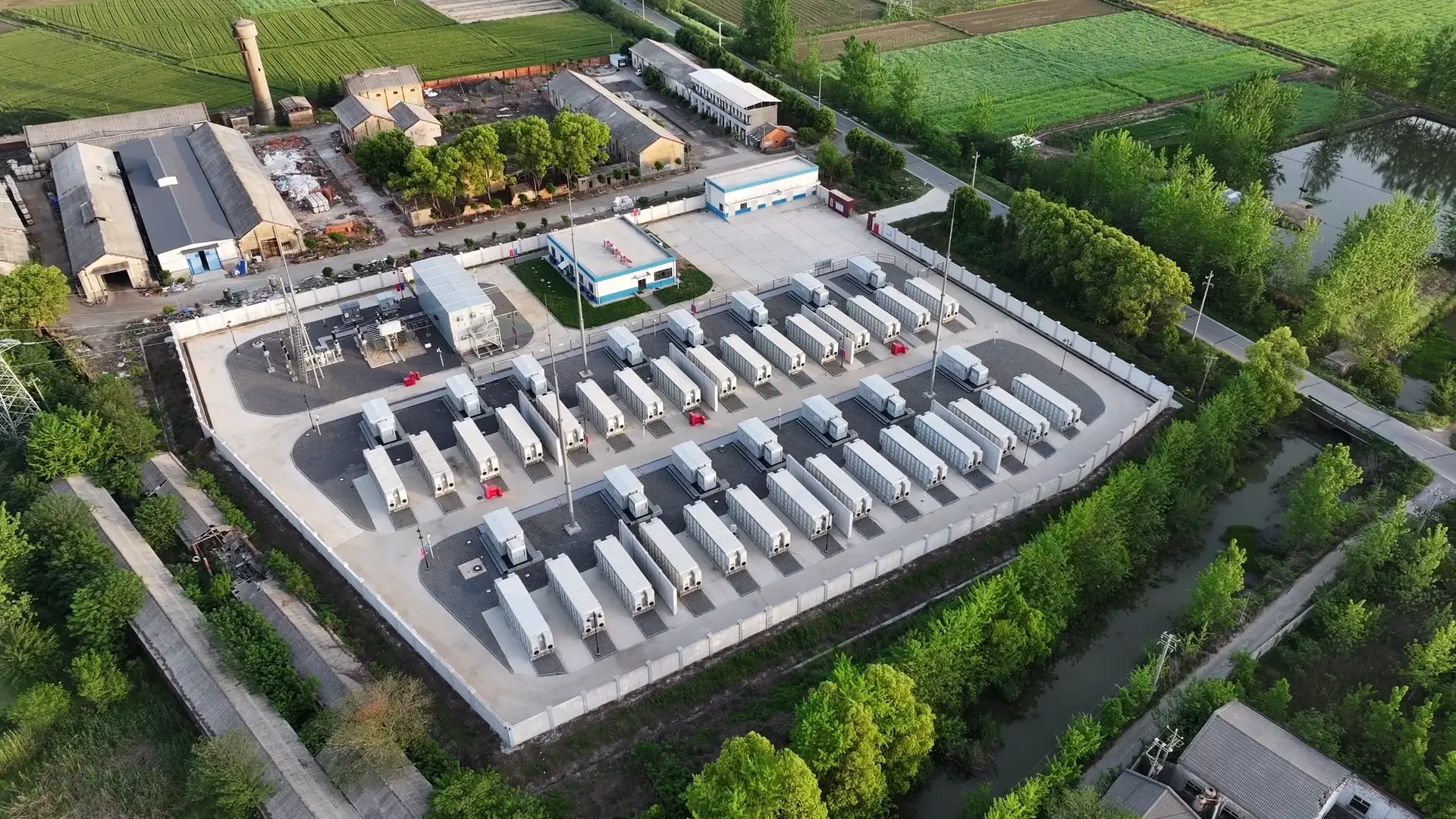As telecom networks continue to expand, especially with the rise of 5G and edge computing, ensuring reliable and scalable power solutions has become critical. Traditional telecom battery systems often fall short in providing the flexibility and efficiency required for modern base stations. This is where modular lithium battery systems step in, offering telecom operators a scalable, reliable, and cost-effective solution.
What Are Modular Lithium Telecom Battery Systems?
A modular lithium battery system consists of multiple independent battery modules that can be connected in series or parallel to achieve the required voltage and capacity. Unlike traditional single-unit battery banks, a modular system is flexible and scalable — operators can easily add, remove, or replace individual modules without shutting down the entire system.
Each module is equipped with a built-in Battery Management System (BMS) that continuously monitors key parameters such as cell voltage, temperature, and state of charge. This intelligent control ensures safe operation, balanced performance, and extended battery life, making modular lithium telecom battery systems ideal for applications where reliability and scalability are critical — such as telecom base stations, data centers, and renewable energy storage.
Benefits for Scalable Telecom Deployments
1. Scalability
One of the key advantages of modular lithium battery systems is their scalability. Telecom operators can start with a smaller capacity and easily expand as network demand increases. This flexibility makes modular systems ideal for rolling out new 5G base stations or upgrading existing sites without the need to overhaul the entire power infrastructure.
2. High Reliability
Modular designs provide built-in redundancy — if one module fails, the remaining modules continue to deliver power. This ensures uninterrupted operation of mission-critical telecom equipment, minimizing downtime and reducing maintenance efforts. As a result, network reliability remains stable even under demanding conditions.
3. Efficiency and Longevity
Compared with traditional lead-acid batteries, lithium modules deliver higher energy density, longer cycle life, and lower self-discharge rates. They also require minimal maintenance, which translates into substantial operational savings throughout the system’s lifetime. This efficiency makes them particularly valuable for operators managing large-scale or remote telecom networks.
4. Flexibility
Modular lithium batteries can be deployed across diverse telecom scenarios — from urban macro base stations and rural microcells to mobile or temporary sites and hybrid solar-powered stations. Their compact and lightweight design simplifies transportation, installation, and expansion, even in locations with space or access limitations.
Application Scenarios
Urban and Rural Base Stations
Scalable lithium battery modules provide reliable backup power for both urban and rural base stations. As telecom networks expand to cover wider regions, operators can easily increase capacity by adding more modules, ensuring stable operation even in areas with unstable grid power.
Microcell and Small Cell Installations
With their compact size and high energy density, modular lithium batteries are perfect for microcell and small cell sites where space is limited. They deliver sufficient backup power without occupying valuable installation space, supporting the densification of 5G networks in urban areas.
Temporary or Mobile Sites
During large events, emergency communication setups, or disaster recovery operations, modular systems offer a quick and reliable power solution. Their lightweight and plug-and-play design enables rapid deployment and easy relocation whenever needed.
Hybrid Energy Solutions
Modular lithium batteries can be seamlessly integrated with solar panels, wind turbines, or hybrid energy systems, creating sustainable and cost-efficient telecom power solutions. This integration helps operators reduce both energy expenses and carbon footprint, contributing to greener network operations.
Choosing the Right Modular Lithium Telecom Battery
Selecting the right modular lithium battery system is essential for ensuring reliable power and long-term performance in telecom operations. When evaluating options, telecom operators should pay attention to the following key factors:
1. Capacity and Voltage
Choose a system that matches your current power requirements while allowing room for future expansion. Proper sizing ensures the batteries can handle both everyday loads and unexpected surges without overstraining the system.
2. Temperature Range
Telecom sites often operate in harsh or fluctuating environments. Select battery modules designed to perform efficiently across a wide temperature range, ensuring stable operation in both hot and cold climates.
3. Battery Management System (BMS) Features
An intelligent BMS is the heart of any modular lithium telecom battery system. Look for advanced features such as real-time monitoring, fault detection, and predictive maintenance. These capabilities enhance safety, optimize performance, and reduce the risk of unexpected failures.
4. Expandability
Make sure the system supports seamless expansion. A well-designed modular system allows operators to add new modules or replace existing ones without interrupting ongoing operations, ensuring flexibility as network demands grow.
Conclusion
For telecom operators striving to build scalable and reliable networks, modular lithium battery systems offer exceptional flexibility, efficiency, and dependability. These systems enable easy capacity expansion, simplified maintenance, and seamless operation across diverse sites.By adopting modular lithium battery solutions, operators can significantly lower operational costs, extend system lifespan, and ensure continuous power for critical network infrastructure.
Discover our modular lithium telecom battery solutions designed for scalable telecom deployments — and future-proof your network to meet growing power demands with confidence and efficiency.




























 2025-10-16
2025-10-16 Name
Name Tel
Tel Email
Email Country
Country Company
Company Information
Information